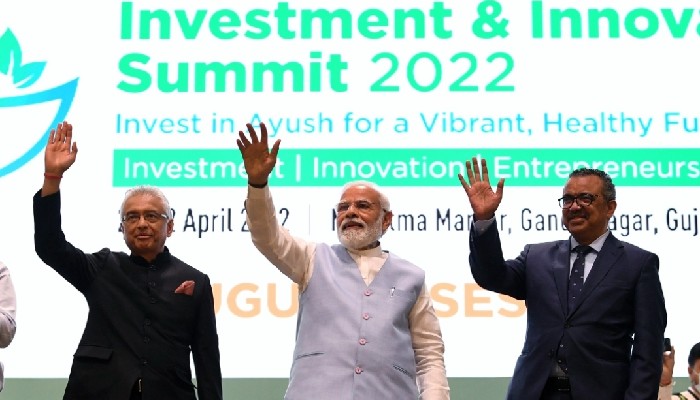NEP has been framed after rigorous consultation and the beauty of the policy is its flexibility, says Pokhriyal
The Ministry of Education has framed the New Education Policy (NEP) after conducting a rigorous consultation process ensuring an inclusive, participatory and holistic approach, said the Education Minister Ramesh Pokhriyal Nishank in an interview with The Hindu.
“Over two lakh suggestions from 2.5 lakh gram panchayats, 6,600 blocks, 6,000 urban local bodies (ULBs), 676 districts were received,” the interview quoted him as saying.
The NEP states that the medium of instruction wherever possible until at least Grade 5, but preferably till Grade 8 and beyond, will be the mother language. Talking about the same, Pokhriyal conveyed in the interview that the decision regarding the medium of instruction in schools coming under their jurisdiction would be taken by the respective State governments.
Pokhriyal addressed the problem of severe scarcity of skilled language teachers in India and mentioned that there will be major efforts from both the central and state governments to invest in a large number of language teachers in all regional languages, in particular languages mentioned in the Eighth Schedule of the Constitution of India, across the country as per the interview.
Asked whether all schools including private and public schools affiliated to the CBSE and the ICSE and Kendriya Vidyalayas be asked to teach in the mother tongue, Pokhriyal said, “The beauty of this policy is flexibility. We will try to take everyone along in the process of making a vibrant India.”
The education minister also talked about launching strong departments and programs in Indian languages, comparative literature, creative writing, arts, music, philosophy, and more in The Hindu interview.
About the Higher Education Commission of India (HECI) Bill that was drafted over a year ago, Pokhriyal said in the interview that “the Ministry of Education is almost ready with the Cabinet note for the same and will take the approval of the government soon.”
The center and the states will be working together to increase the public investment in the education sector to reach 6% of GDP, which he highlighted in the interview.
 Contact Us
Contact Us  Subscribe Us
Subscribe Us









 Contact Us
Contact Us
 Subscribe
Subscribe
 News Letter
News Letter

